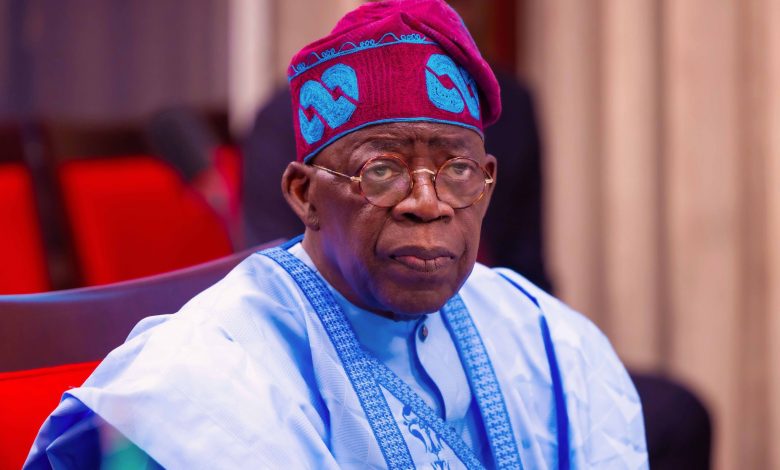
President Bola Tinubu has pledged to end the country’s over-reliance on borrowing to finance public spending.
POLITICS NIGERIA reports that the president made the pledge on Tuesday when he inaugurated a committee to reform Nigeria’s tax laws and fiscal policies.
The committee, which is chaired by tax and fiscal policy expert Taiwo Oyedele, will be responsible for identifying ways to increase tax revenue, improve tax administration, and harmonize Nigeria’s tax laws.
Speaking at the inauguration, Tinubu said the committee is in line with his promise to remove all barriers impeding business growth in Nigeria.
“The consequences of the ongoing failure of our tax regime are real and significant,” Tinubu said. “The inability of the government to efficiently raise revenue has led directly to an overreliance on borrowing to finance public spending.”
“A government that cannot properly fund itself will also lack the flexibility or fiscal scope to sensibly manage the economy or respond to external shocks,” Tinubu added.
“Instead, debt service begins to consume an ever greater portion of the government’s already meagre revenues. This traps the economy in a vicious cycle of borrowing simply to service previous debt and leaves almost no scope for socio-economic development.”
Tinubu said he is determined to end this cycle and that the committee will play a key role in achieving this goal.
“As President, I am determined to end this cycle,” Tinubu said. “On the day of my inauguration, I promised that my administration would address all of the issues impeding investment and economic growth in Nigeria. This promise is why I saw an end to the fuel subsidy. It is the reason the Central Bank has called an end to its multiple exchange rate system under my watch. It is for the same reason we gather here today to inaugurate the Presidential Committee on Fiscal Policy and Tax Reforms.”
Zacchaeus Adedeji, special adviser to the president on revenue, said the inauguration of the committee would give it the opportunity to further engage with various stakeholders to identify their pains and critical concerns bothering on tax and fiscal policies, as well as collectively develop the solutions necessary to address the challenges in a holistic manner.
